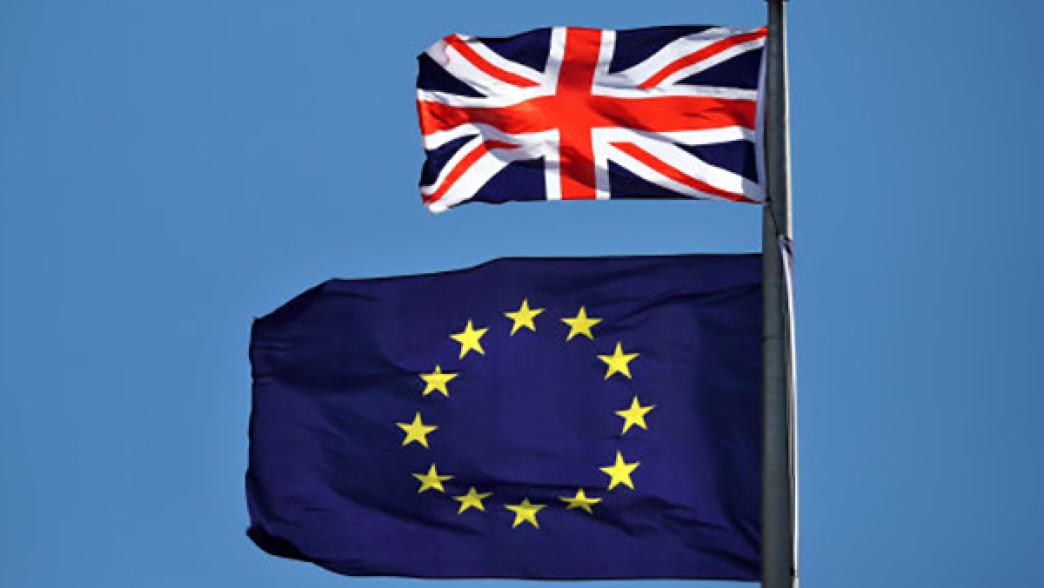The UK should assess the impact of ‘no deal’ on Brexit

The Government has had its knuckles rapped by the Exiting the EU Committee over its failure to assess the impact of Brexit. Jill Rutter argues that the Government should have made this assessment, even if it never plans to publish it – but there are other assessments that the committee should have asked for.